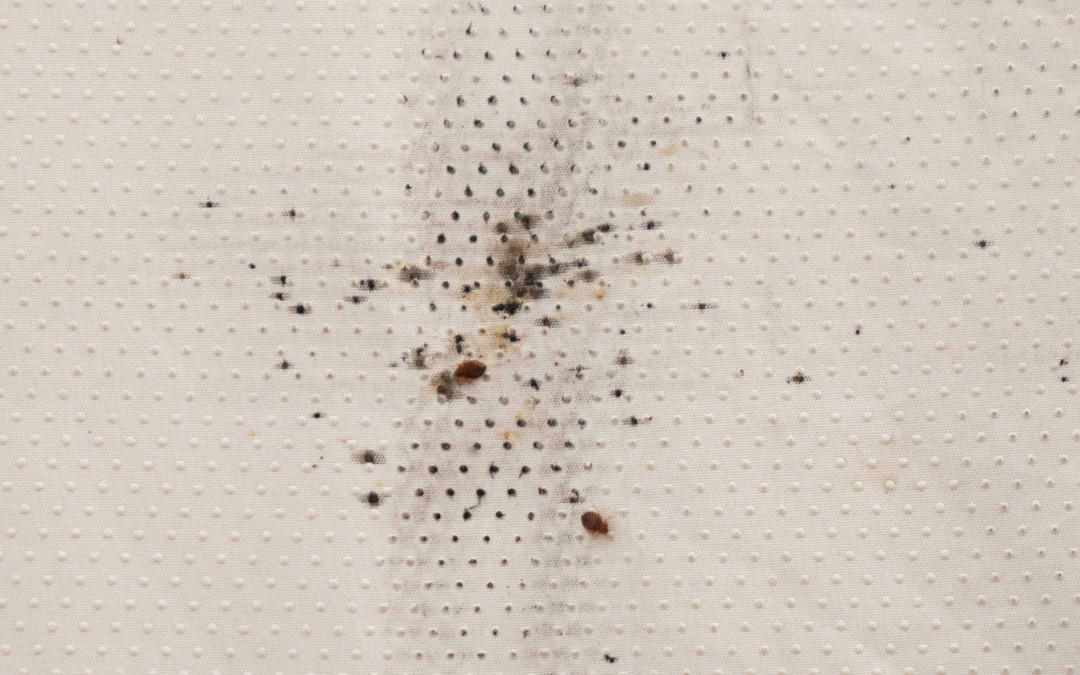Bed bugs are widely recognized as the most undesirable insects that exist. Bed bugs belong to the family known as Cimicidae, which includes poultry bugs, swallow bugs and bat bugs. These bugs make up a part of the suborder of insects known as Heteroptera, or true bugs, as they are more commonly known. Bed bugs are not recognized as a public health threat, at least not yet. Although these bugs inflict itchy bites that can, in some cases, become infected, bed bugs do not transmit disease, which is what it takes for an insect to be considered a threat to the public. However, bed bugs do pose a serious threat to poultry houses located on farms, and such infestations are, in fact, considered a threat to public health. Although bed bugs are not yet recognized by the Centers for Disease Control and Prevention as a public health threat, some states and local governments have considered legislation that aims to control bed bug outbreaks. Most of these proposed bills force landlords to take greater responsibility for bed bug infestations on their property. One such bill is now being introduced by local lawmakers in Washington DC.
Washington DC ranks second on the list of most bed bug infested cities in America, and the city has held this not so coveted spot for several years now. In an effort to better control bed bugs in the nation’s capital, lawmakers in DC have introduced “the Bed Bug Control Act of 2019.” This bill would require landlords in the city to take continuous measures to prevent bed bugs from infesting their property in an effort to spare tenants the horror of bed bug infestations. This bill would also require landlords to notify their tenants of all past bed bug infestations on their property, which surprisingly, landlords in most cities are not required to do legally. If the bill passes, the city would dispatch inspectors to properties in order to ensure compliance. Hopefully, other cities will follow DC’s example.
Do you think that the above described bed bug legislation is fair or unfair to landlords?

